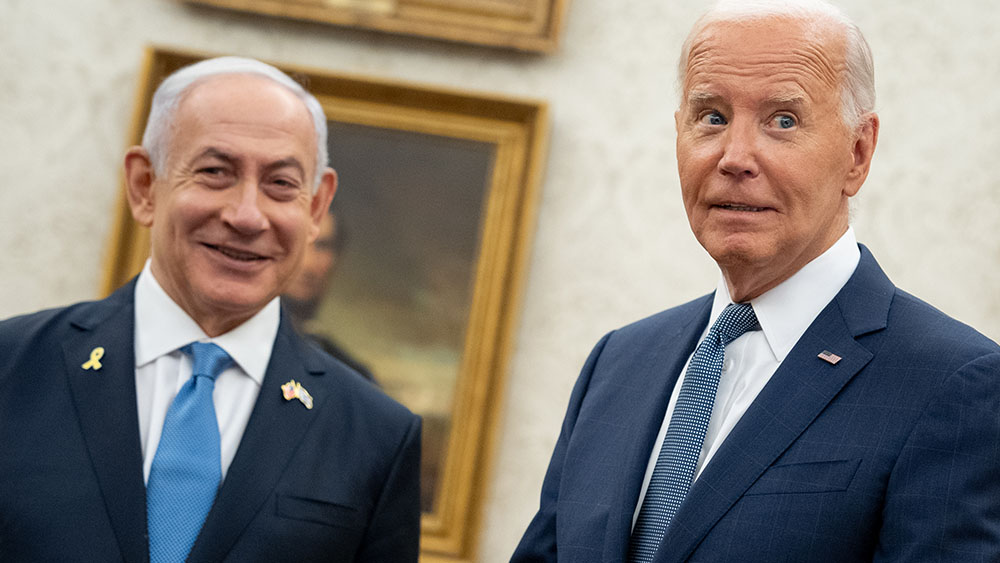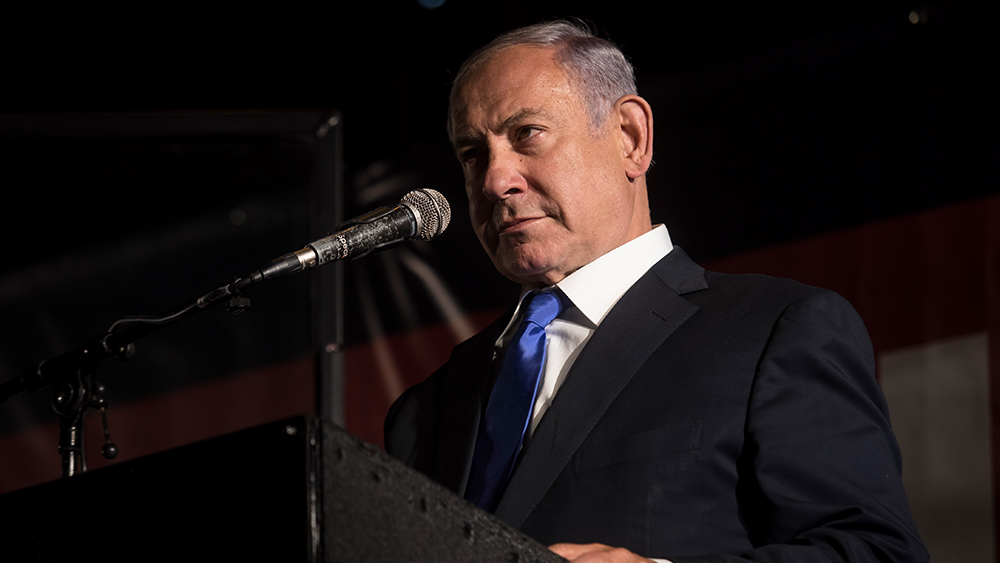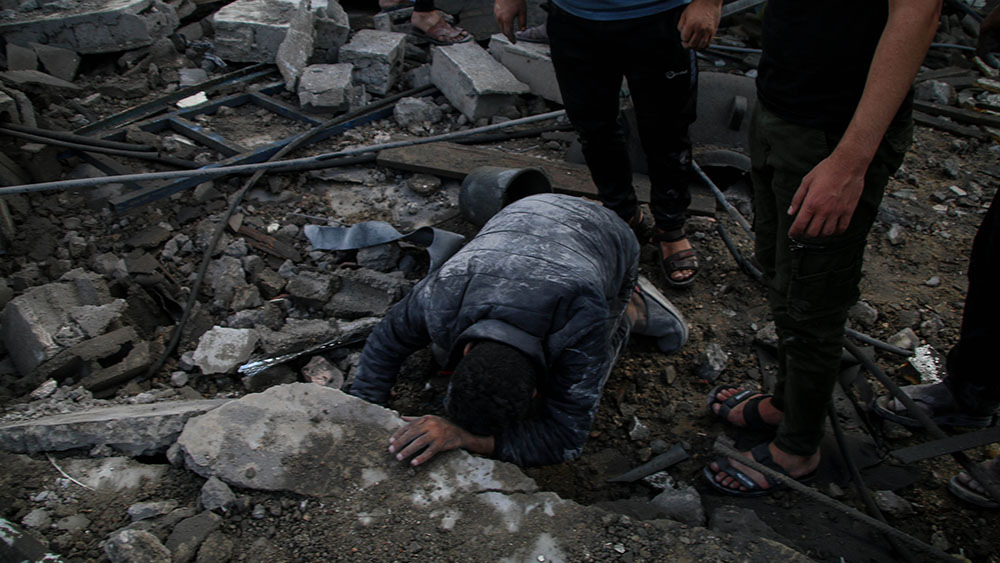
Israeli Prime Minister Benjamin Netanyahu has made it clear that he "did not even respond" to proposals for a temporary ceasefire with Hezbollah as the Israeli military's airstrikes on Lebanon continued unabated. This statement comes against a backdrop of escalating violence that has drawn international concern and calls for a cessation of hostilities.
On Thursday, Sept. 26, United States President Joe Biden and French President Emmanuel Macron issued a joint statement advocating for a 21-day temporary ceasefire between Hezbollah and Israel aimed at creating a pathway for broader negotiations toward a permanent cessation of hostilities. However, Netanyahu's office dismissed the proposal without even considering it.
"The news about a ceasefire is not true," Netanyahu's office said in a statement. "This is an American-French proposal, to which the prime minister did not even respond."
The office further emphasized how Netanyahu had instructed the Israeli Defense Forces to continue its operations against Lebanon with "full force," signaling his extremist government's firm commitment to ongoing military action.
Israeli Foreign Minister Israel Katz echoed this sentiment on X, reinforcing the stance that there would be no ceasefire.
The situation in Lebanon has turned increasingly dire, with recent Israeli airstrikes resulting in the deaths of at least 72 people on Wednesday, Sept. 25, alone. Among the casualties were 23 Syrians – predominantly women and children – who died in a strike on a three-story building in the town of Younine. The Lebanese Health Ministry reported additional casualties, including at least four fatalities from strikes near Nabatieh the next day.
Netanyahu wants to continue attacking Hezbollah
Netanyahu has been vocal about Israel's military objectives, stating that operations against Hezbollah would continue until the country achieved its strategic goals, which include ensuring the safe return of residents in northern Israel to their homes.
In a recent visit to New York City for the United Nations General Assembly, Netanyahu said Israel would maintain its military strategy amid international calls for a ceasefire.
The White House later claimed that the joint U.S.-French brokered ceasefire proposal had been "coordinated" with Israel despite Netanyahu's public rejection. (Related: Israel’s “exploding pagers” attack qualifies as a WAR CRIME under Geneva Conventions of 1949.)
International leaders have expressed concern over the potential for the conflict to spiral out of control. British Prime Minister Sir Keir Starmer added to this, calling for an immediate ceasefire to provide space for Israel and Hezbollah to come to a diplomatic solution.
Various other nations have called for de-escalation. The government of Qatar has condemned Israel for targeting civilians and emphasized the need for an immediate halt to violence. The joint U.S.-French ceasefire proposal has received support from a whole host of nations, including the U.K., Australia, Canada, Germany, Italy, Japan, Saudi Arabia, the United Arab Emirates and others.
However, this proposal has faced staunch opposition from various Israeli political factions. Yair Golan, leader of the opposition party The Democrats, has suggested that while a temporary three-week ceasefire is unacceptable, his party – which holds four seats in the Israeli parliament, the Knesset – would be amenable to a shorter truce of three or four days if it could facilitate dialogue with the Lebanese government and involve international guarantees.
Overall, the situation remains critical and fluid, with significant humanitarian concerns arising from the ongoing violence.
As the conflict escalates, the need for effective diplomatic efforts becomes increasingly urgent, even as military operations continue to dominate the landscape. The international community watches closely, hoping for a resolution that can bring peace to both Israel and Lebanon, while addressing the humanitarian crises that have emerged as a result of the fighting.
Watch this clip from Newsmax reporting on Biden demanding that Israel cease hostilities with Lebanon.
This video is from the NewsClips channel on Brighteon.com.
More related stories:
Israel’s entire occupation of Palestine since 1948 ruled illegal by the UN.
Israel launches PAGER ATTACK on Lebanon – exploding mobile devices kill nine, wound more than 2,700.
Israel shifting more resources to West Bank amid escalating military operations.
Sources include:
Please contact us for more information.




















